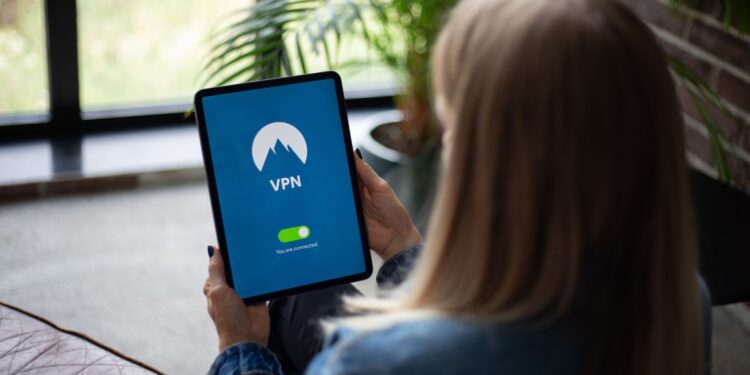The internet is firmly entrenched in our lives, no matter who we are or what we do. There is unlimited access to any kind of information we want. With that, however, comes the risk of our online anonymity being exposed, as well as questions about the rights and freedoms we have digitally. Enter VPNs.
What Are VPNs?
Virtual Private Networks are software programs that let users connect to the internet safely and securely. It lets them browse the web privately and get around restrictions based on where they are. When you link to a VPN, all of your web traffic goes through a secure tunnel to a server in a different country. This hides your IP address and makes it hard for people to follow what you do online.
Why Is Online Privacy And Internet Freedom Important?
These are basic ideas that make sure everyone can use their rights to get information, say what they think, and stay private online. But governments, businesses, and cybercriminals often put limits on people’s freedoms and spy on them, which violates those rights. To make the internet a more open, fair, and welcoming place for everyone, it is important to protect how users browse and what they do on the web, as new technology is constantly developing.
Privacy and Anonymity
Web traffic is secured and transmitted through a separate server when you use a VPN. By hiding your IP address behind the VPN servers, online services, websites, and even your ISP cannot monitor what you’re doing online. Your privacy is protected, and your identity is concealed.
VPNs allow people to speak their minds about a range of topics without fear of the consequences. With a VPN, whistleblowers can safeguard their identity while revealing sensitive material.

VPNs have helped activists in authoritarian regimes avoid monitoring, access unrestricted content, and interact privately with like-minded people. In this case, you can see how VPNs protect anonymity and privacy, enabling political discussions and opposing government views.
Getting Around Censorship
Internet censorship occurs when governments, groups, or ISPs block access to certain websites or materials. Politically sensitive information, social media, news outlets, and even iGaming sites are regularly censored. These constraints impede free speech, information, and democratic conversation.
It may also take away the rights of individuals who find entertainment value in online casino platforms, as they should be allowed to choose what type of online gaming suits them, as long as it doesn’t hurt anyone or affect their day-to-day lives.
There are many examples of how VPNs revolutionize censorship circumvention. Internet censorship is widespread in certain parts of Asia and the Middle East, but VPNs allow people to access social media, news, and overseas websites.
Students also use VPNs to access Western ideas and knowledge, increasing their awareness of how the world works and other cultures’ ethics and belief systems.
Access Restricted Content
Geo-restrictions limit internet users by location. These restrictions can prevent access to region-specific or licensed streaming services, websites, and online gaming platforms. Limitations restrict internet content exploration and consumption.
In the case of online gaming, many casino platforms cannot be accessed from certain countries, due to these geographical restrictions. With how global the world is and the way people can travel from one country to the next in a matter of mere hours, these limitations seem unnecessary.
Canada, for instance, is a first-world country where both online betting and VPNs are legal, and there are many Canadian casino sites that provide residents with fun games and exciting bonuses to keep them entertained without the need for a VPN. However, Canada still imposes certain restrictions within its borders, and some provinces are more strict on casino gaming. In such cases, having a VPN can help you access offshore sites and enjoy games.

Users can get around geo-blocks with VPNs because they let them connect to these sites in different countries. All you would need to do is select a VPN server in an area where the content is available.
Consequences for International Knowledge Exchange and Cultural Interaction
The capacity to use VPNs to access content that is blocked has significant effects on cross-cultural knowledge transfer. With the use of virtual private networks (VPNs), people can freely exchange ideas and obtain a wide range of viewpoints, educational materials,cultural items and entertainment. Bridging the gaps caused by geo-restrictions encourages intellectual progress, and cross-cultural understanding, and enhances the global debate.
Additionally, VPNs allow people to participate in online activities without limitations, which promotes idea exchange, cross-border collaboration, and the value of engaging in entertainment. This uninhibited availability of data and content promotes internet freedom and helps protect digital rights.














































































































